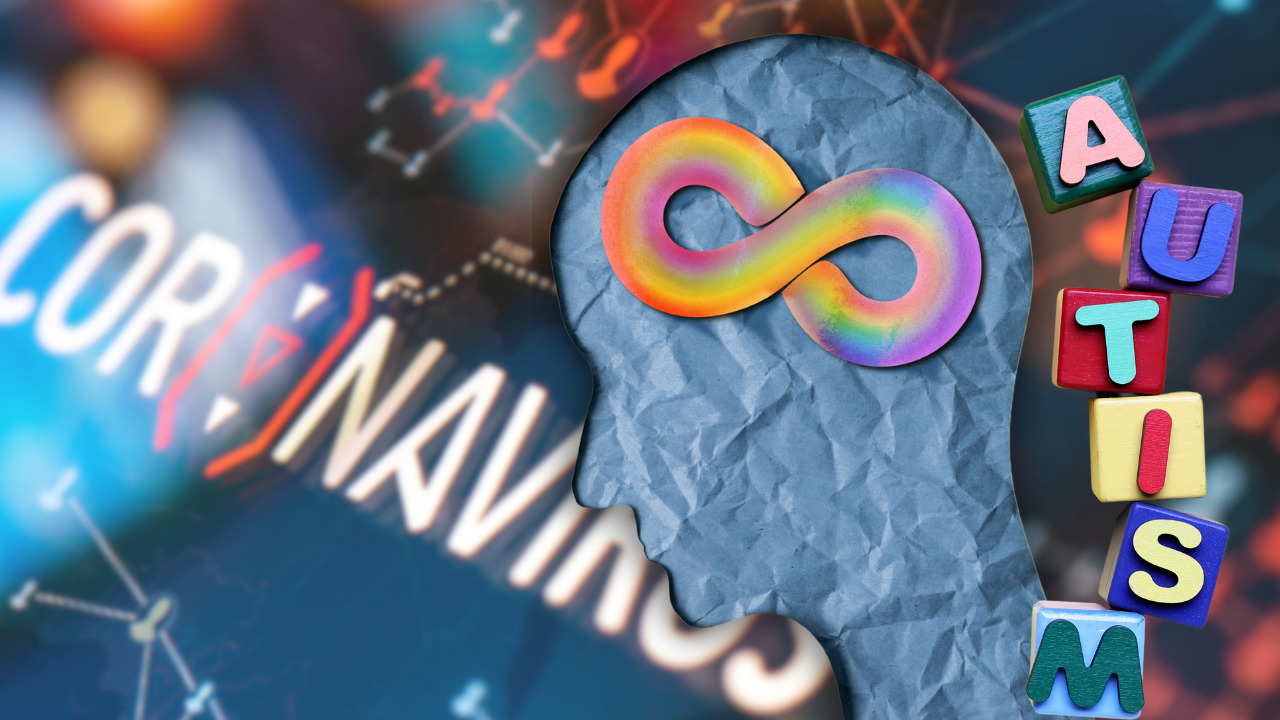Can Having COVID-19 In Pregnancy Cause Autism? New Study Links COVID To Increased Neurodevelopmental Disorder Risk

(Credit-Canva)
SummaryRecently, the risk of autism has been linked with usage of vaccines, medicines and more. However, contrary to the claim, researchers couldn’t find enough evidence to support the claim. One such connection was also made with COVID, and a new study has found evidence that could solidify the case. Here’s how.
End of Article
